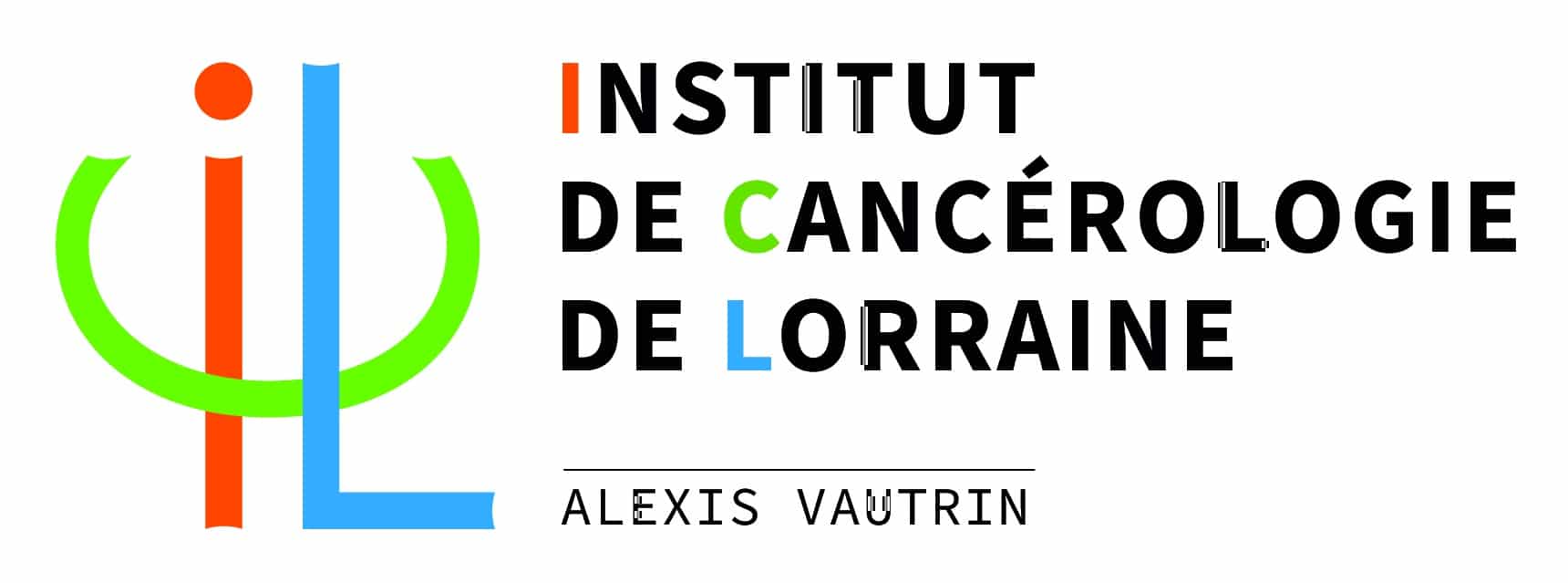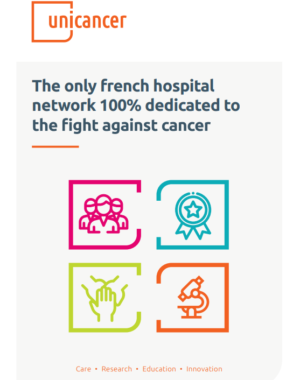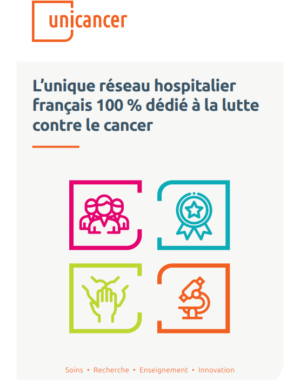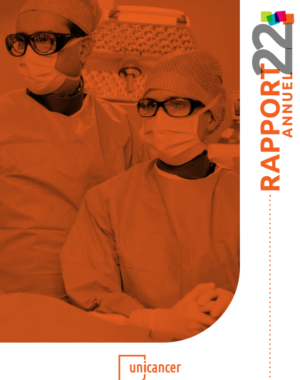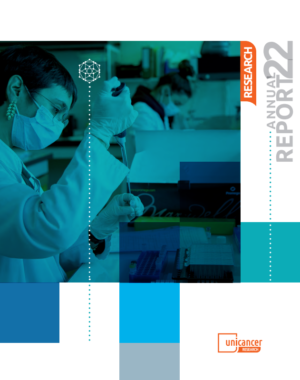PANIRINOX is a first-line national randomized phase II study, sponsored by Unicancer, coordinated by Dr Thibault MAZARD (Montpellier Cancer Institute), and co-coordinated by Dr Alain THIERRY (Institute of Research on cancerology of Montpellier), evaluating FOLFIRINOX + Panitumumab vs mFOLFOX6 + Panitumumab in patients with unresectable metastatic colorectal cancer B-RAF and RAS wild type. The primary objective is to compare the complete response rate between treatment arms, defined as complete disappearance of metastatic lesions and normalisation of tumour marker level after 12 cycles of treatment. Secondary objectives include overall survival, progression free survival, secondary resection, and safety profile.
For the first time, circulating cell-free DNA analysis is used as a companion test for selecting patients towards anti-EGFR targeted therapy. B-RAF and RAS status is determined by Intplex technology in patient’s plasma samples. Patients B-RAF and RAS wild type on liquid biopsy will be randomized in the PANIRINOX study.
Liquid biopsy through circulating cell-free DNA analysis could advantageously replace tumour-section analysis and expand the scope of personalized medicine for patients with cancer:
- Analysis could be performed on blood collected at time of treatment decision and not on tissue samples collected weeks to several years before;
- it prevents errors on mutation status due to intra-tumour heterogeneity that may arise in the selection of the region analysed on tumour tissue;
- it appears non-invasive, faster, and less expensive than conventional analysis on tumour tissue;
- blood tests can be repeated several times during the care of patients.
At the end of the study, sensitivity and specificity to discriminate RAS and BRAF mutated and wild type patients will be evaluated to compare the diagnostic performance of circulating DNA analysis with the gold-standard tumour-tissue analysis.
The Intplex technology used for patients screening is a quantitative PCR-based method allowing the simultaneous determination of five parameters (circulating DNA concentration, presence of mutation, mutant DNA concentration, proportion of mutant DNA, and DNA fragmentation index). This mutation-targeted test can be adapted to all mutations, genes, or cancers and enables rapid, highly sensitive, cost effective, and repetitive analysis.
It is planned to include 209 patients in the PANIRINOX study. The recruitment started in April 2017 and is currently ongoing in around 30 French hospitals and cancer centres, with 462 patients screened and 177 randomised.
An ancillary study is also planned to assess the onset of resistance under anti-EGFR treatment. For this purpose, detection of RAS mutations in circulating DNA will be performed on blood sampling at each radiologic assessment.




